How long does a geothermal system last? Before we go into all of that, let’s not assume you know what a geothermal system is. The constant search for efficient and clean heating and cooling systems is what led to the discovery of geothermal energy.
A geothermal system is one of the most practical ways to heat or cool your home, depending on the time of the year. By transferring the heat from the earth under the ground into your home, a geothermal system can effectively provide the heating you need in the winter.
And when summer knocks, the system can harness cool air from beneath the earth’s surface and transport them into your home to help battle the heat. The logic is based on the fact that the temperature under the ground is the same all year around if you go just a few feet below.
Many put this temperature at between 50°F to 60°F all year round. Geothermal systems tick most boxes in the checklist with no fossil fuels needed, no carbon emission, low energy bills, and a clean process for providing heat, cooling and even hot water all year round.
But, how long do geothermal systems last? Lets check some data points.
How Long Do Geothermal Systems Last?
The internal components like the distribution unit along with the heat pump may last as long as 20 to 25 years under the right circumstances. The ground loop, however, has a lifespan of about 50 years.
With properly scheduled regular maintenance, you can get a few more years from your system. This is way more than you can get from conventional sources which may only last between 15 to 20 years.
In fact, most central air conditioners cannot last more than 15 years. There are quite a number of reasons for this lifespan, including the absence of fire or flame damage.
More so, virtually all of the components of a geothermal system are enclosed in a structure. The ground loop is buried underground, and the heat pump is installed in a structure or building, while the distribution system is also in the building.
This protects them from the element. Furthermore, the risk of vandalism is reduced drastically because the components are not exposed.
Besides, a typical geothermal unit should pack more power and durability than conventional HVAC systems, and this is a factor responsible for its long lifespan as well.
Do Geothermal Systems Need Maintenance?
Yes, geothermal systems need maintenance, but not in the same way as traditional heat furnaces or cooling systems. In fact, your geothermal system should be scheduled for fall maintenance. Because of their design and build, geothermal systems tend to have a very long lifespan.
The underground loops, for instance, can last more than 50 years as long as nothing extraordinary takes place (and as long as maintenance is carried out). Geothermal systems have to also deal with wear and tear like most other HVAC systems.
While you may not need to dig up the underground system every now and then, it still needs to be checked periodically (like once every year). A lot of attention must also be given to indoor components.
Just like the regular air-source heat pump, the system also has motors, a blower fan, a refrigerant coil, and capacitors, among other components.
It is important that you carry out maintenance at least twice every year (preferably after summer and after winter) to manage the wear and signs of damage that may have emerged as a result of season-long or year-long usage.
The outdoor system also has components that must be looked at by professionals to be sure everything is in good condition. The manifold, the anti-freeze mix in the ground loops, and the water must also be thoroughly inspected for leaks and other possible issues.
Remember, if you want the ground loops to last for half a century or more, regular maintenance is important.
When Should I Replace My Geothermal? [Signs/Indications]
The fact that the indoor components can last for up to 25 years and the ground loop may go on for 50 years means that you’d only need to replace those components after 20 to 25 years.
One ground loop will serve the lifespan of a replacement heat pump and distribution components. However, it doesn’t mean you shouldn’t look out for tell-tale signs for when you should replace your unit.
1. Consider the age
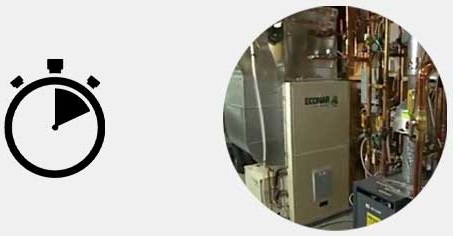
Life expectancy is a major deciding factor for replacing your geothermal unit. Once the actual unit has been used for up to 20 years, you should start preparing to get a replacement, because, at this point, it’s unlikely that the unit is performing as optimally as it used to.
2. Drop in efficiency
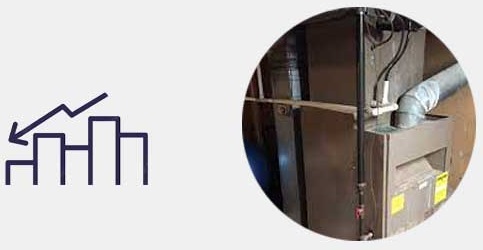
Inefficiency is often tied to age. As the unit ages over time, it begins to struggle to achieve the same temperature changes even if you run it for longer. This results in more running time and cost, which would no longer make economic sense. At this point, it’s best to simply replace the unit.
3. Increased noise
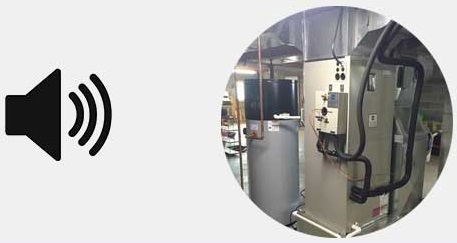
Noise can be another sign that it is time to let go. It could be that something is broken or the motor can no longer comfortably bear the burden of your heating or cooling demand, so it gives off a terrible noise as a way of coping.
If this happens in the first 15 years of its use, you may have to get someone to take a look. But, after 20 years might just be a clue that it needs to be replaced.
4. Repair frequency increases
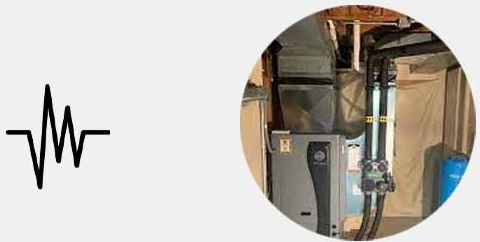
Another tell-tale sign that you may need to replace your geothermal unit is when the frequency of repairs carried out on the unit increases frequently. If you have to spend money every other month on repairs, it may just make more sense to get it replaced instead.
5. The unit uses R-22 Freon refrigerant
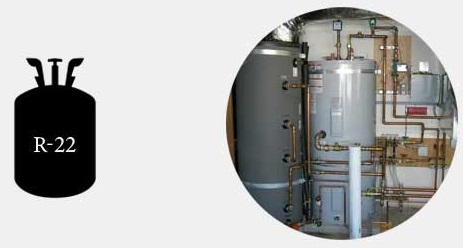
If your geothermal system was manufactured before 2010, chances are that it uses the Freon R-22 refrigerant. The United States EPA banned the importation and use of R-22 in the US starting January 1, 2020.
So, you may have to replace your unit with a newer model that uses the recommended refrigerant.
How Much Does It Cost to Replace A Geothermal System?
Installing a complete geothermal system costs around $12,000 to about $40,000, depending on the size, quality and square footage of your home. However, this is assuming you have to replace everything, including the ground loop system.
To replace the unit without ground loop replacement, you should be looking at between $5,000 and $18,000. This is because a typical heat pump costs around $3,000 to $6,000, while the other amount will cover the cost of the distribution system and installation.
A large chunk of the cost of replacement goes to the installation of the ground loop. It’ll cost a lot of money to create an underground chamber and install those polyethylene pipes within. This is what makes the initial cost of installing a geothermal unit as high as $40,000 in some cases.
However, your ground loop should still be in perfect working condition after 25 years, as long as scheduled maintenance is carried out.
So, you may have to spend up to $18,000 in some cases for the first replacement until the next 20-25 years when everything will need to be replaced.
Final Words:
As a recap, geothermal systems can last up to 20-25 years on average, and even its ground loop can go on for up to 50 years. Although quite durable, well-scheduled maintenance is required to sustain and even increase its lifespan and performance.
A geothermal system is only as effective as its condition, so you must be sure to check for wear and tear or other damages that can affect its performance.
Get the professional to carry out this routine check occasionally and carry out repairs where necessary. And when it’s time to replace the unit, do not shy away from it.
| Photo | Title | Buy |
|---|---|---|

|
LEVOIT Air Purifier for Home & Bedroom - For Allergies and Pets Hair | Check Price On Amazon |

|
BREEZOME 60 OZ Quiet Dehumidifiers for Home, Dual-Semiconductor | Check Price On Amazon |
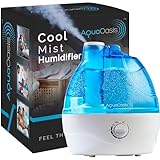
|
AquaOasis™ Cool Mist Quiet Ultrasonic Humidifier for Bedroom & Large room | Check Price On Amazon |

|
43.3'' Portable Air Conditioners, 3-IN-1 Evaporative Air Cooler w/Remote | Check Price On Amazon |

|
BlueDri BD-AS-550-BL Negative Machine Airbourne Cleaner HEPA Air Scrubber | Check Price On Amazon |

|
Space Heater, VCK 24" 12ft/s Fast Quiet Heating Portable Electric Heater | Check Price On Amazon |
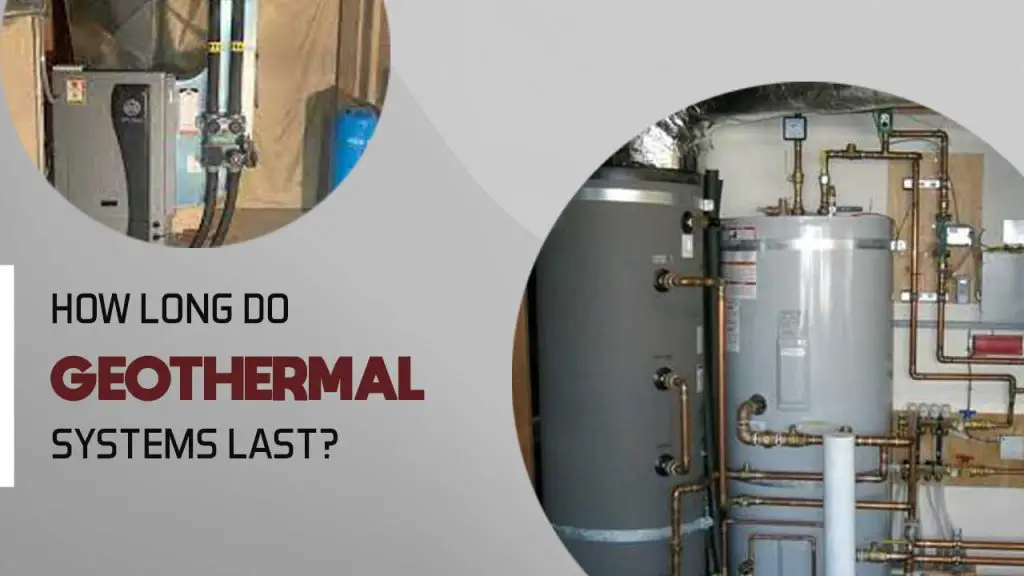
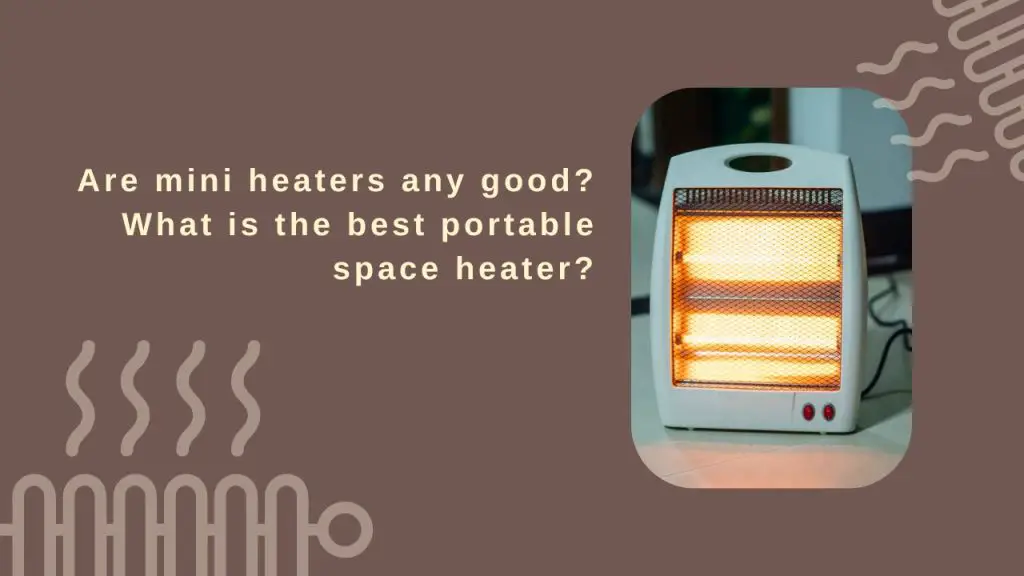
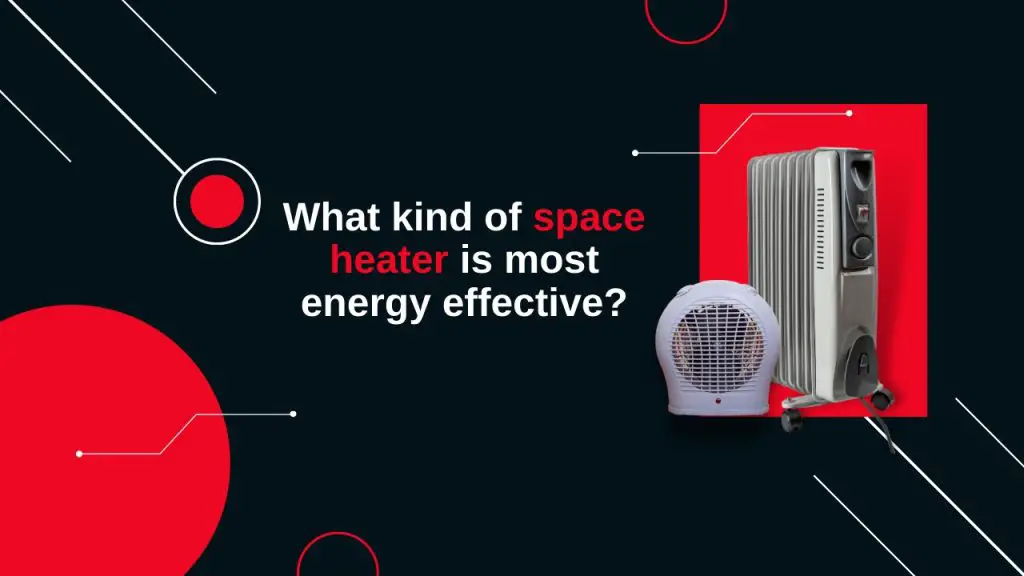
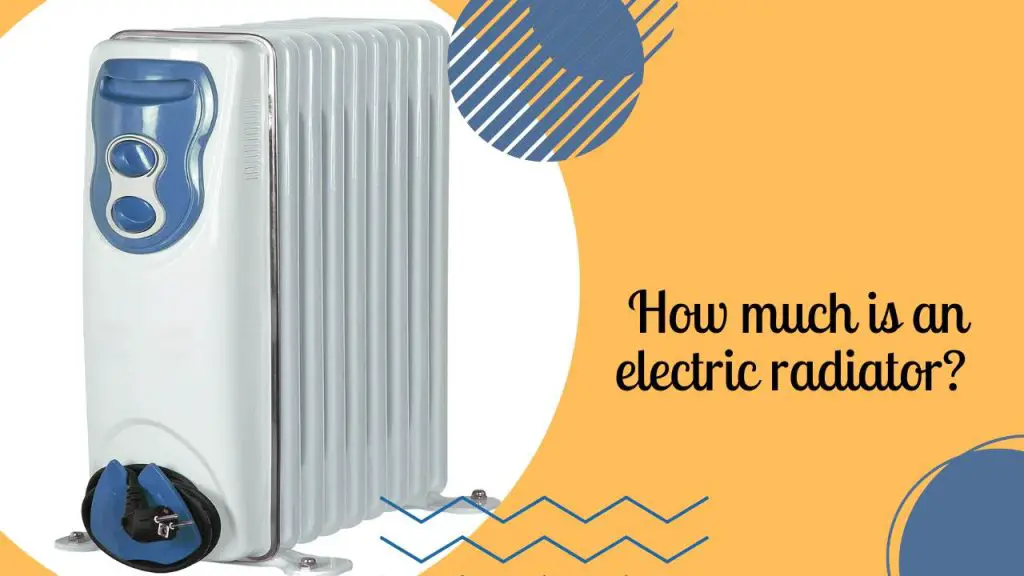
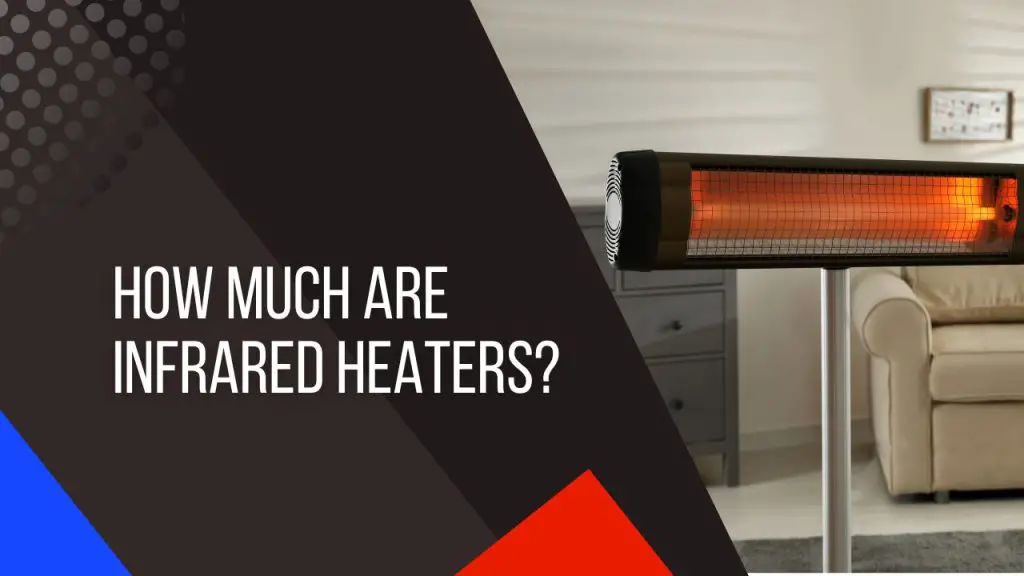
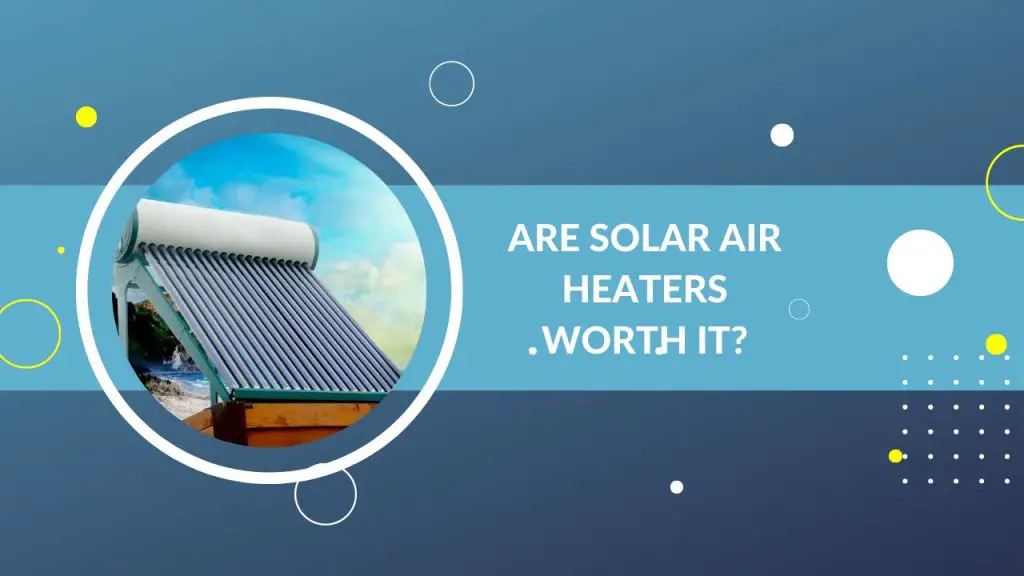
![Ventless Heater Moisture Problems [Possible Reasons & Solution]](https://www.airpurelife.com/wp-content/uploads/2022/12/Why-do-ventless-heaters-create-moisture-1024x576.jpg)